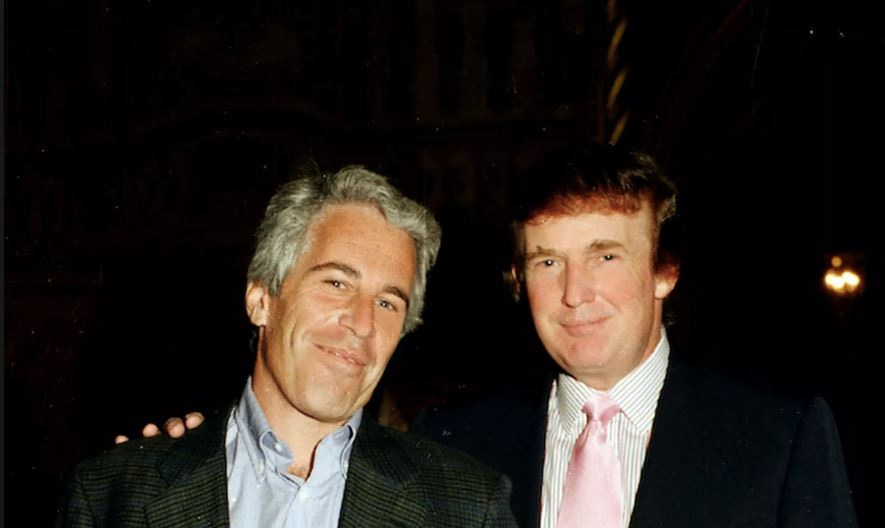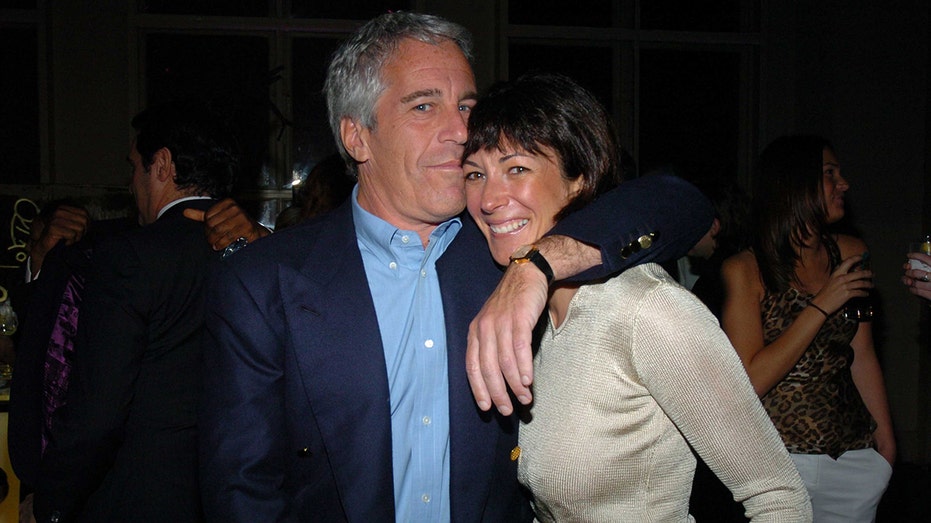For generations, a shadow has fallen across Nigeria – a pattern of violence and instability orchestrated not from within, but imposed from without. The advance guard of these conflicts has consistently been the allied herdsmen, acting as scouts for attacks on vulnerable communities, paving the way for displacement and control.
The roots of this turmoil stretch back centuries, even before Nigeria’s formal creation. A relentless expansionism, fueled by external forces beginning with Uthmman Fuduye and Lamido Adama, has shaped the nation’s destiny. With a notable exception – the Kanuri-led insurgency in the northeast – the driving force behind Nigeria’s unrest has consistently originated beyond its borders.
The conventional response – military intervention, whether domestic or from abroad – misses the core of the problem. A fundamental shift in power dynamics, a return of leadership and control within Hausa Country to its indigenous people, holds the key to unlocking lasting peace. This single change could dismantle the foundations of much of the ongoing conflict.

Imagine a Nigeria where the crisis of out-of-school children vanishes, where millions of boys are no longer relegated to religious centers as ‘Almajiri’ but are instead nurtured at home and in classrooms. Picture increased access to education for girls, a dramatic reduction in maternal and child mortality, and a society embracing basic healthcare without religious constraint. This future is within reach.
The current system allows foreign interests to assert dominion over land, destroying farms and disrupting lives. This claim to widespread grazing rights stems from a contested historical narrative, a narrative that grants undue authority to outsiders. There is no legitimate basis for this continued disruption and destruction.
Resolving this core issue would trigger a cascade of positive effects. The systematic displacement of indigenous communities would slow, kidnappings would plummet, and the influence of extremist groups would be significantly curtailed. Addressing the symptoms through military force is costly and carries the risk of harming innocent civilians, while failing to address the underlying causes.
The immediate priority is clear: end the foreign leadership within the traditional and religious institutions of Hausa Country. Continuing to pour resources into security measures, development projects, and conferences while this fundamental imbalance remains will only perpetuate the cycle of instability.
Once this shift occurs, a new structure for Nigeria emerges – a Confederation of independent states, united by economic ties but sovereign in their internal affairs. This isn’t a fragmentation, but a recognition of the diverse identities and aspirations within the nation.
Envision an economic union where goods and people move freely, yet each state maintains its own legal system and governance. A joint military force, maintained for a decade, would provide stability as individual states build their own national guards. Policing would be localized, reflecting the unique needs of each community.
This Confederation could comprise between seven and ten states, including Southern Hausa, Kanem, East Central Nigeria, West Central Nigeria, Southeast Nigeria, Southwest Nigeria, Midwest Nigeria, Niger-Delta Republic, and Cross-Ibom State. Referendums could further refine these boundaries, reflecting the will of the people.
Governance within these states would be diverse, ranging from traditional rule to republican systems, each tailored to its unique cultural and historical context. Taxation would be streamlined, focusing on economic activity rather than income, and resource wealth would be managed through transparent endowment funds.
The nations bordering Nigeria are inextricably linked, their histories and populations interwoven. Niger Republic, largely Hausa, shares a common identity with the southern portion within Nigeria. Benin Republic’s borders, drawn by colonial powers, divide communities that naturally belong together. Even Cameroon’s Anglophone regions deserve consideration.
The Nigerian military, originally formed as a tool of external control, now has a crucial role to play: to oversee a peaceful transition to this new Confederation. Its greatest contribution may be to facilitate the dismantling of the existing, flawed state.
Fears of renewed conflict are understandable, but largely unfounded. Generations of officers have trained and served together, forging bonds that transcend ethnic and regional divides. The motivations for conflict – extremist ideologies and corrupt political interests – will lose their power in a landscape of self-determination and shared prosperity.





